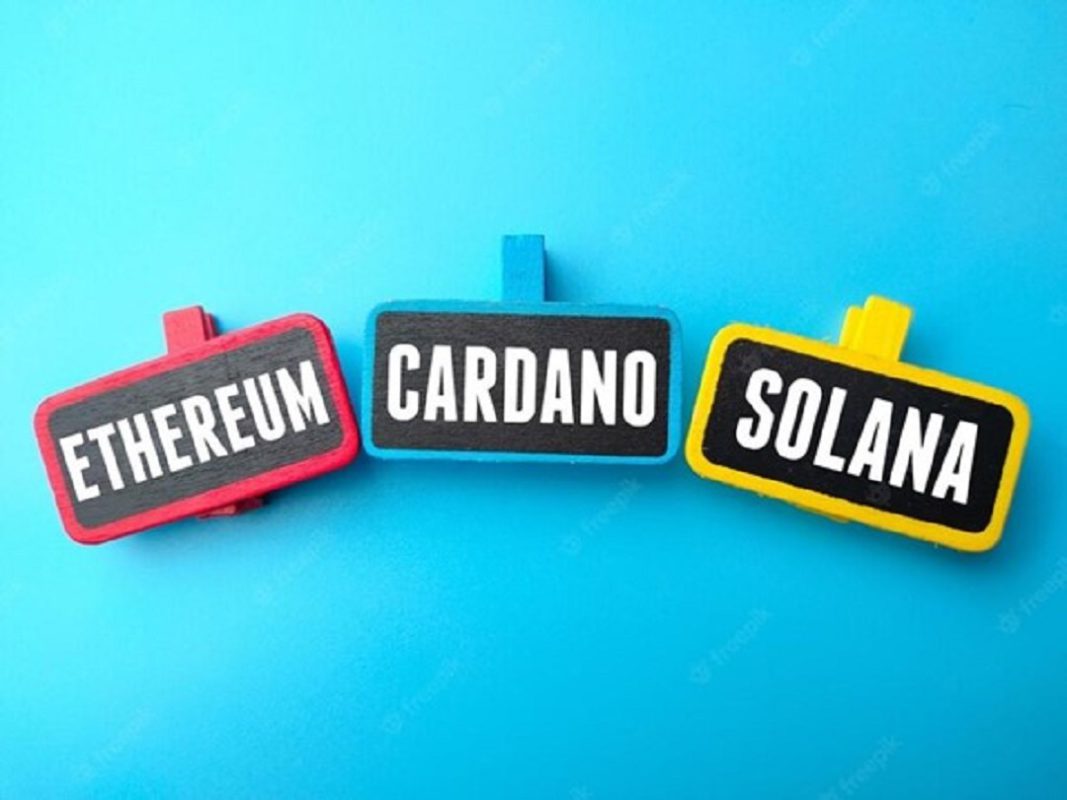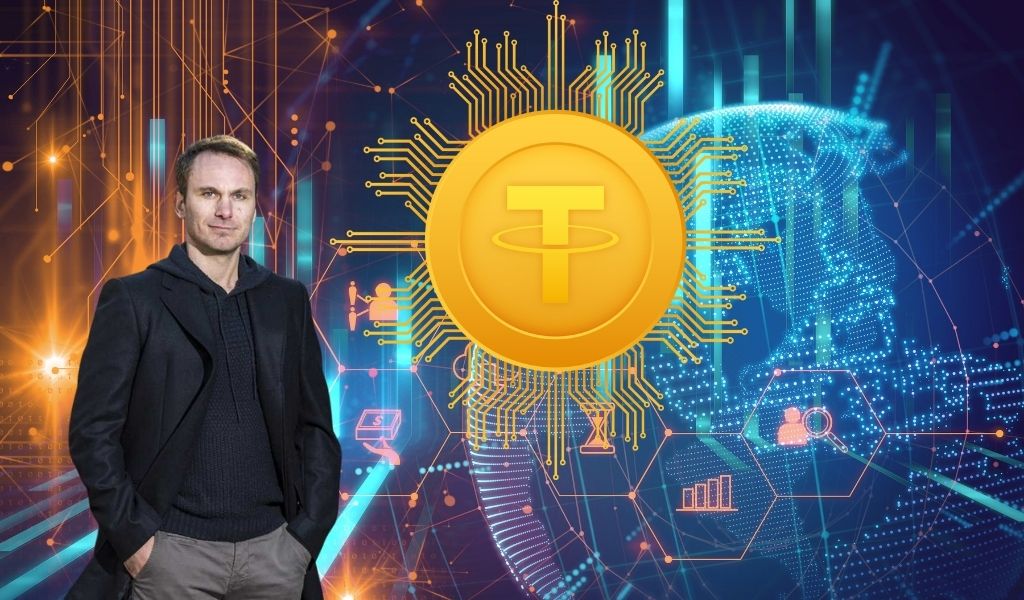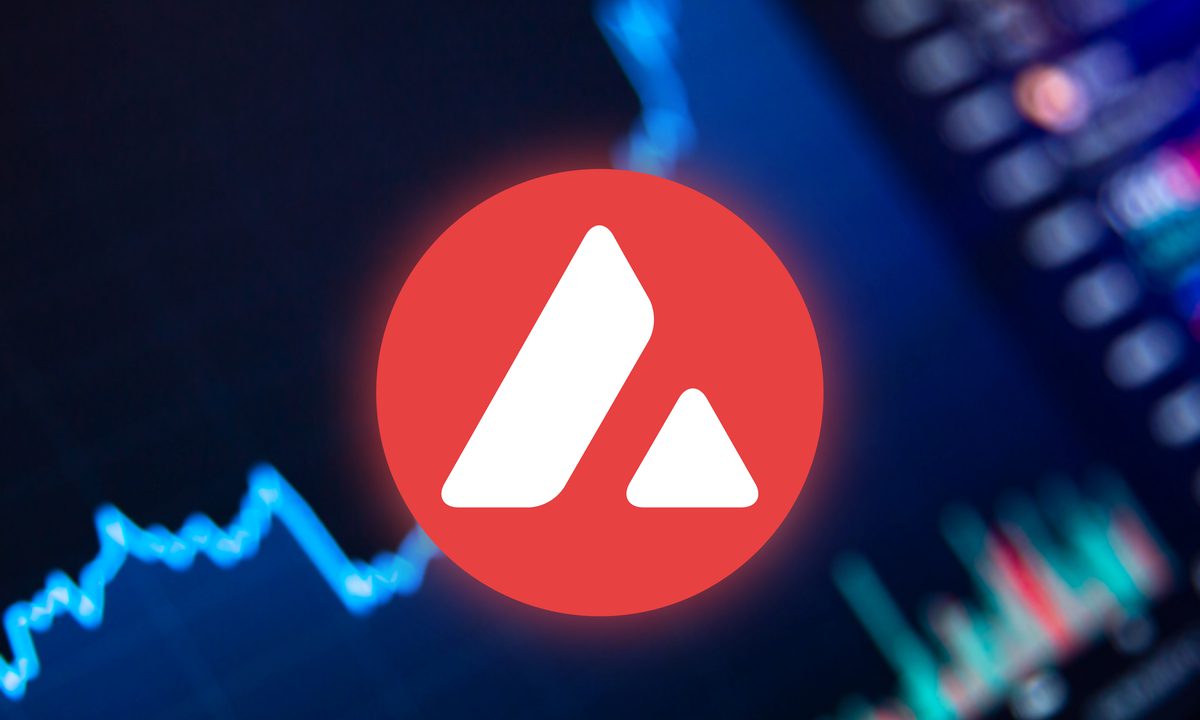Altcoin vs. Bitcoin — The Technology Tussle
Although Bitcoin (BTC) is the oldest and most valuable cryptocurrency in terms of market capitalization, there is a whole variety of cryptocurrencies beyond Bitcoin. These cryptocurrencies are frequently referred to as Bitcoin alternatives or “altcoins” for short. Bitcoin, a decentralized, blockchain-based currency, inspires most altcoins. However, depending on the blockchain on which they are based, many categories of altcoins perform various tasks and objectives.
Introduction
There are tens of thousands of cryptocurrencies, which is why things like Crypto trading have become so popular. Altcoins, like Bitcoins, rely on blockchain technology for safety and security. It prevents financial transaction manipulation; no one can erase the transaction record. Altcoins, like Bitcoins, require a digital wallet. So, you will need one whether you want to buy LTC or BTC. Furthermore, they are fickle during market volatility. However, the technology underlying the two differs, which takes us to our current case.
 How do Altcoins Work?
How do Altcoins Work?
Altcoins, like Bitcoin, are based on blockchain technology. A blockchain is a digital, distributed database maintained simultaneously by various computers worldwide, sometimes by hundreds or even thousands. New transactions are confirmed and recorded as blocks of transactions on the blockchain. Transactions that have been broadcast to a blockchain cannot be reverted. Many Altcoin developers provide distinctive features to distinguish their coins from Bitcoin and other cryptocurrencies. For example, the Stellar blockchain wants to be faster, cheaper, and more energy-efficient than its larger competitors. Dogecoin was created as a joke in 2013 and soared to notoriety after receiving backing from figures like Elon Musk.
Another manner in which some altcoins have diverged from Bitcoin is by abandoning cryptocurrency mining, a complex and energy-intensive method of validating transactions and generating new coins. While some cryptocurrencies use the “proof-of-work” approach to facilitate mining, others use “proof-of-stake,” which employs a more efficient process known as crypto staking.
Categories of Altcoins
Altcoins exhibit remarkable diversity, each designed to address distinct challenges and objectives. These categories include utility, security, stablecoins, and platform-based tokens. Utility tokens, such as Ethereum’s Ether (ETH), power decentralized applications (dApps), and smart contracts. Security tokens represent ownership in traditional assets like real estate, bridging the gap between the digital and physical worlds. Stablecoins, like Tether (USDT), maintain price stability by pegging their value to traditional fiat currencies – platform-based tokens like Binance Coin (BNB) fuel operations within specific blockchain ecosystems.
 How Does Bitcoin Work?
How Does Bitcoin Work?
Bitcoin is a digital, trustless form of money part of a drive to decentralize financial services. Before Bitcoin, a trusted third party was required to keep a ledger of who owned how much. There is no need for third parties because everyone on the Bitcoin network has a copy of this ledger. Every Bitcoin transaction occurs on the blockchain network, the digital environment in which Bitcoin mining and hash power production occur. The processing power your computer or hardware uses to perform and solve various hashing algorithms is called hashing power. These algorithms facilitate the generation of new cryptocurrencies and make them tradeable. This is known as mining.
Because the network employs encryption, which allows users to interact and exchange tokens anonymously and safely, all Bitcoin transactions are validated. Nobody controls or supervises Bitcoin; investors regard it as a scarce asset because only 21 million coins can ever be created. This feature increases its worth with time. The greater the predicted token price, the fewer Bitcoins in circulation.
Technological Evolution: Bitcoin Upgrades and Altcoin Innovations
Bitcoin’s development community has continually sought to enhance its functionality and scalability through network upgrades such as Segregated Witness (SegWit) and the Lightning Network. These improvements address long-standing challenges like transaction speed and scalability while maintaining Bitcoin’s core principles. Similarly, altcoins actively innovate to overcome technical limitations and offer unique solutions. For instance, Ethereum’s transition to Ethereum 2.0 aims to address scalability and energy efficiency concerns. These technological advancements highlight the resilience and adaptability of both Bitcoin and altcoins.
Which is Better?
As the cryptocurrency business evolves, so will the coin types. Having distinct coins for different reasons should not be seen negatively. Users are given additional options and encouragement to switch from money to cryptocurrency in the Bitcoin vs. altcoins clash. We always advocate researching the many cryptocurrencies available and making the best investment option based on your needs. Other considerations, such as the security behind each technology, should also be considered.
To appreciate the security of the systems underlying cryptocurrency, consider two persons, each possessing two keys to a vault: one public and one private. The vault can only be accessed if both individuals agree to utilize the keys. This component of blockchain technology ensures that digital identities are protected. Individuals’ identities are predicated on having a combination of public and private Bitcoin keys, resulting in a digital signature. This is how ownership is established. The security of Bitcoin wallets must also be considered, which can be accomplished using biometrics and other cutting-edge security methods.
The Unity of Bitcoin and Altcoins
Rather than a competition, the relationship between Bitcoin and altcoins is one of collaboration and harmony. Bitcoin’s prominence lays a solid foundation for the broader adoption of cryptocurrencies. Simultaneously, altcoins innovate and expand the capabilities of blockchain technology, catering to diverse user needs. Investors can diversify their holdings by considering both Bitcoin and carefully selected altcoins.
So, which is Better, Altcoins or Bitcoins? Well, this depends on many things personal to the individual purchasing, selling, or investing in them. However, just because Bitcoin is the most abundant currency and has the most backing does not indicate that altcoins are worthless. Therefore, rather than choosing which coin, technology, and approach are better, these two cryptocurrencies can run alongside each other because they have different purposes.
Stay informed with daily updates from Blockchain Magazine on Google News. Click here to follow us and mark as favorite: [Blockchain Magazine on Google News].
Get Blockchain Insights In Inbox
Stay ahead of the curve with expert analysis and market updates.
latest from tech
Disclaimer: Any post shared by a third-party agency are sponsored and Blockchain Magazine has no views on any such posts. The views and opinions expressed in this post are those of the clients and do not necessarily reflect the official policy or position of Blockchain Magazine. The information provided in this post is for informational purposes only and should not be considered as financial, investment, or professional advice. Blockchain Magazine does not endorse or promote any specific products, services, or companies mentioned in this posts. Readers are encouraged to conduct their own research and consult with a qualified professional before making any financial decisions. The featured image used is just a creative depiction of the title and it does not intend to hurt sentiments of any person or institution. If it hurts anyone sentiments, please do not hesitate to reach out to Blockchain Magazine.

 Bitcoin
Bitcoin  Ethereum
Ethereum  XRP
XRP  Tether
Tether  Solana
Solana  Dogecoin
Dogecoin  USDC
USDC  Cardano
Cardano  Lido Staked Ether
Lido Staked Ether  TRON
TRON  Chainlink
Chainlink  Avalanche
Avalanche  Wrapped stETH
Wrapped stETH  Sui
Sui  Wrapped Bitcoin
Wrapped Bitcoin  Toncoin
Toncoin  Stellar
Stellar  Hedera
Hedera  Shiba Inu
Shiba Inu  Polkadot
Polkadot  WETH
WETH  LEO Token
LEO Token  Litecoin
Litecoin  Bitcoin Cash
Bitcoin Cash  Bitget Token
Bitget Token  Hyperliquid
Hyperliquid  Uniswap
Uniswap  Official Trump
Official Trump  USDS
USDS  Wrapped eETH
Wrapped eETH  Pepe
Pepe  NEAR Protocol
NEAR Protocol  Ethena USDe
Ethena USDe  Aave
Aave  Aptos
Aptos  Internet Computer
Internet Computer  Monero
Monero  WhiteBIT Coin
WhiteBIT Coin  Ondo
Ondo  Ethereum Classic
Ethereum Classic  Cronos
Cronos  POL (ex-MATIC)
POL (ex-MATIC)  Mantle
Mantle  Render
Render  Dai
Dai  MANTRA
MANTRA  Algorand
Algorand  OKB
OKB 




